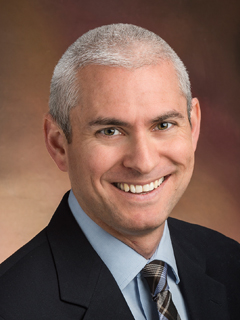HOW CAN WE HELP YOU? Call 1-800-TRY-CHOP
Sleep Apnea in People with Beckwith-Wiedemann Syndrome
This study is now recruiting.
Children and adults with Beckwith-Wiedemann syndrome may be at increased risk for sleep apnea than other children. This risk may be due to a larger tongue size, but currently it is not known how to predict who need to be evaluated for sleep apnea. Some people with Beckwith-Wiedemann syndrome have tongue reduction surgery, but the effect of this procedure on sleep apnea is not known. This study seeks to understand how the upper airway anatomy contributes to sleep apnea in people with Beckwith-Wiedemann syndrome, including after tongue reduction surgery in people who have that procedure. The study includes a physical exam, medical record review (including surgical history), and upper airway MRI. For those participants who have not had a clinical sleep study, one will be done as part of this study.
Who Do I Contact?
If you are interested in participating in the study or want to learn more please contact our study team at cornaglia [at] chop.edu or 267-426-5748.
